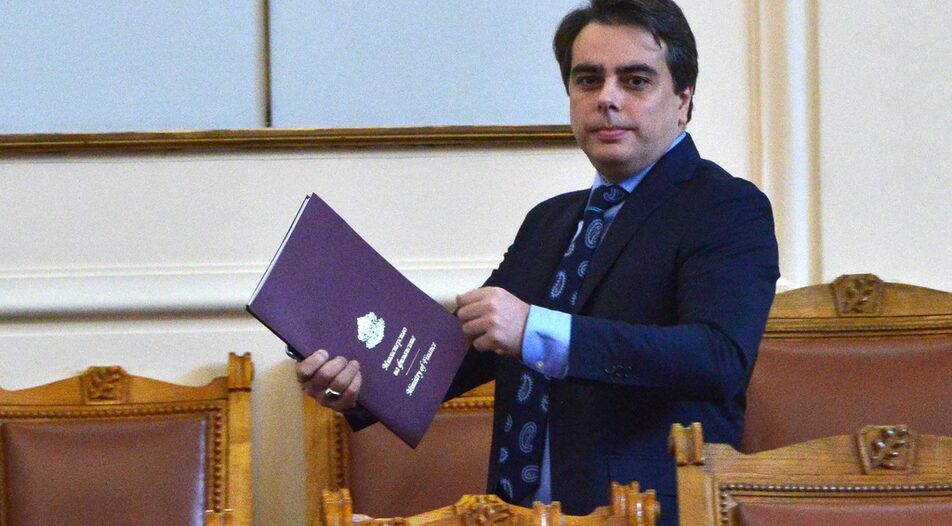Bulgaria's parliament approved a revision of the 2021 budget, increasing planned revenues by 2.5 billion levs (1.3 million euro) and expenditures by 2.3 billion levs. As a result, the budget deficit dropped to 4.6 billion levs (3.6% of projected GDP) from 4.9 billion levs in the budget before the revision.
Last week, the European Commission announced its intention to relax its budget deficit requirements, which are still loose due to the Covid-19 crisis, and allow the budget gap to be higher than the equivalent of 3% of estimated GDP. However, the expectations are for Bulgaria's budget deficit to be equivalent to 5.8% of GDP this year, according to the European methodology. Moreover, the percentage is expected to be even higher in 2022. If Bulgaria enters the eurozone, it will have to cut its budget deficit to less than 3% of GDP to comply with the Maastricht criteria.
The additional expenditures will be used to finance compensatory measures in connection with Covid-19. Most of the money will be used to finance the local governments, anti-crisis measures for the tourism sector, agencies tackling migrantion pressure, and aid for farmers.
In order to increase expenditures, MPs have suggested to increase revenues in the fees section, with the argument that budget execution is better than expected. The already ex-caretaker finance minister Assen Vassilev was calm about that so it looked like these amounts were achievable.
Here's the distribution of funding:
● 100 mln levs for municipalities
● 70 mln levs in aid for farmers● 23 mln levs for education
● 16.7 mln levs financial support for artists, ballet dancers, circus performers.
● 16.6 mln levs for buying Remdesivir medicine for treatment of Covid-19
Also, an additional funding of 440 million levs will be allocated for expenses for business support and employment programs such as the central government's 60/40 and 80/20 support measures. There are 224.04 million levs more for the Health Ministry for the purchase of additional quantities of Covid-19 vaccines and medicinal products for the treatment of the disease, as well as for other expenses stemming from the coronavirus pandemic. All of the expenses for healthcare, business support and social payments are higher than the expenses projected by the first caretaker cabinet led by Stefan Yanev that was in office from May to September 2021.
More money for pension hikes
The largest expenditure is for pension hikes approved under the State Social Insurance budget. The MPs were very generous with increasing the pensions due to the upcoming elections. However, the question is what will be the impact of increased pension payments on the state budget in the next few years.
"For the next year, in the medium-term forecast, expenditures for pensioners are expected to be worth 1.8 billion levs. Another 1.4 billion levs will go to infrastructure projects, 3 billion levs for Covid measures, so there are 3 billion left for additional policies, and after that the deficit is 3% which is absolutely normal, according to the Maastricht criteria," explained Vassilev.
Bulgaria's parliament approved a revision of the 2021 budget, increasing planned revenues by 2.5 billion levs (1.3 million euro) and expenditures by 2.3 billion levs. As a result, the budget deficit dropped to 4.6 billion levs (3.6% of projected GDP) from 4.9 billion levs in the budget before the revision.
Last week, the European Commission announced its intention to relax its budget deficit requirements, which are still loose due to the Covid-19 crisis, and allow the budget gap to be higher than the equivalent of 3% of estimated GDP. However, the expectations are for Bulgaria's budget deficit to be equivalent to 5.8% of GDP this year, according to the European methodology. Moreover, the percentage is expected to be even higher in 2022. If Bulgaria enters the eurozone, it will have to cut its budget deficit to less than 3% of GDP to comply with the Maastricht criteria.












